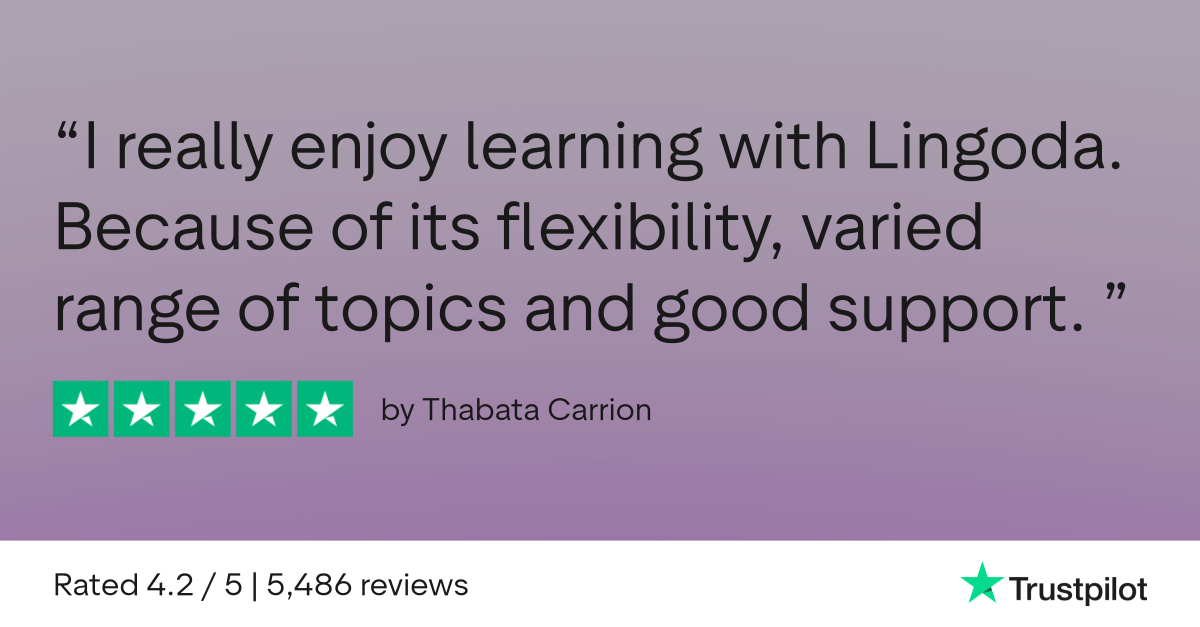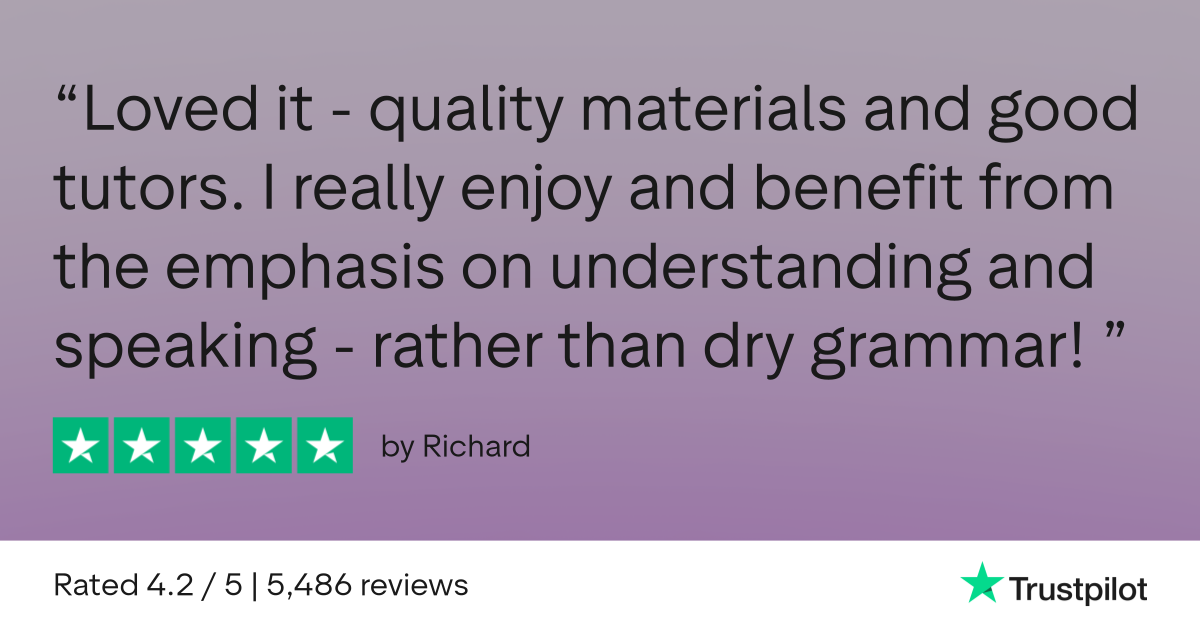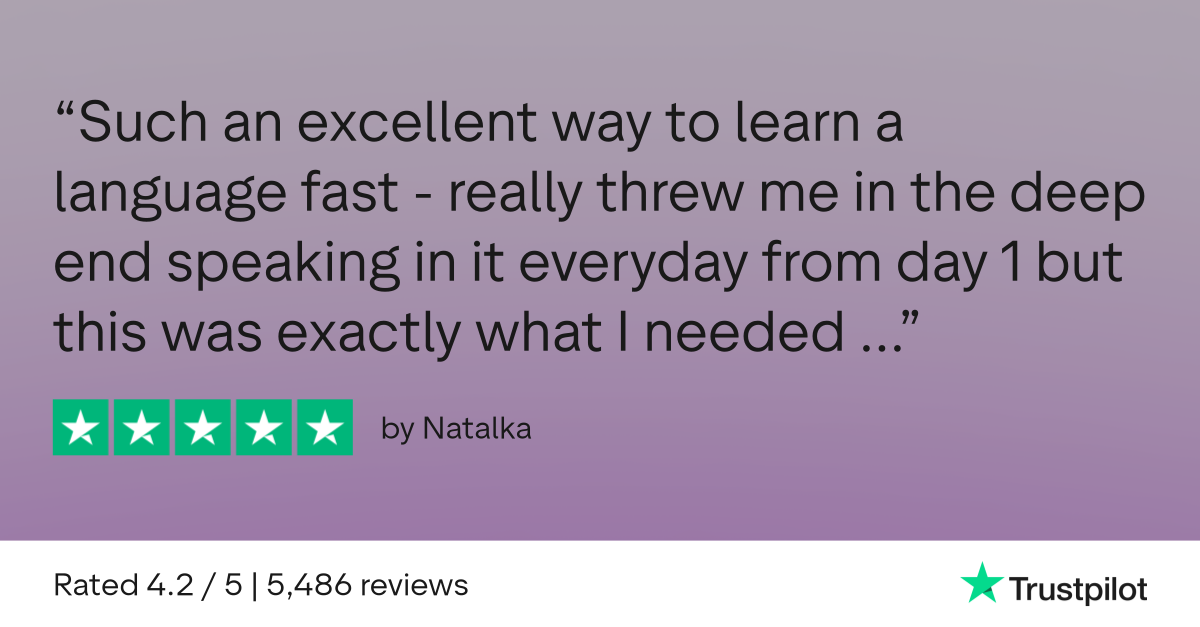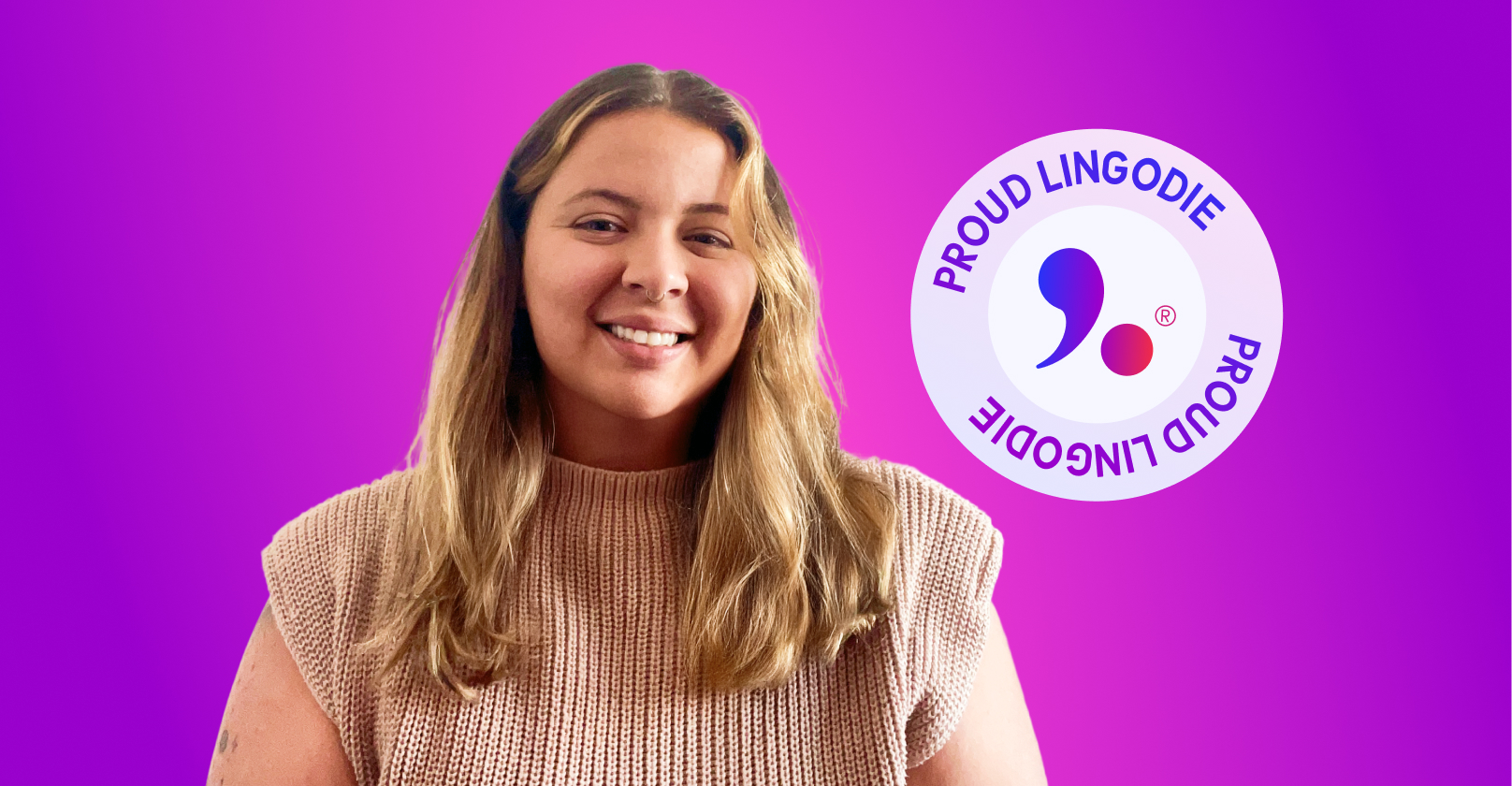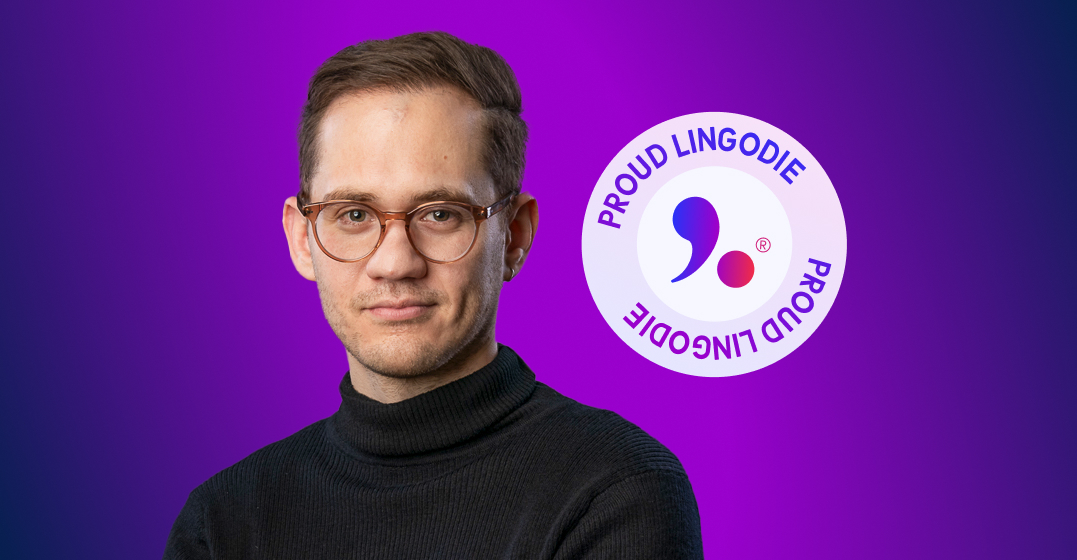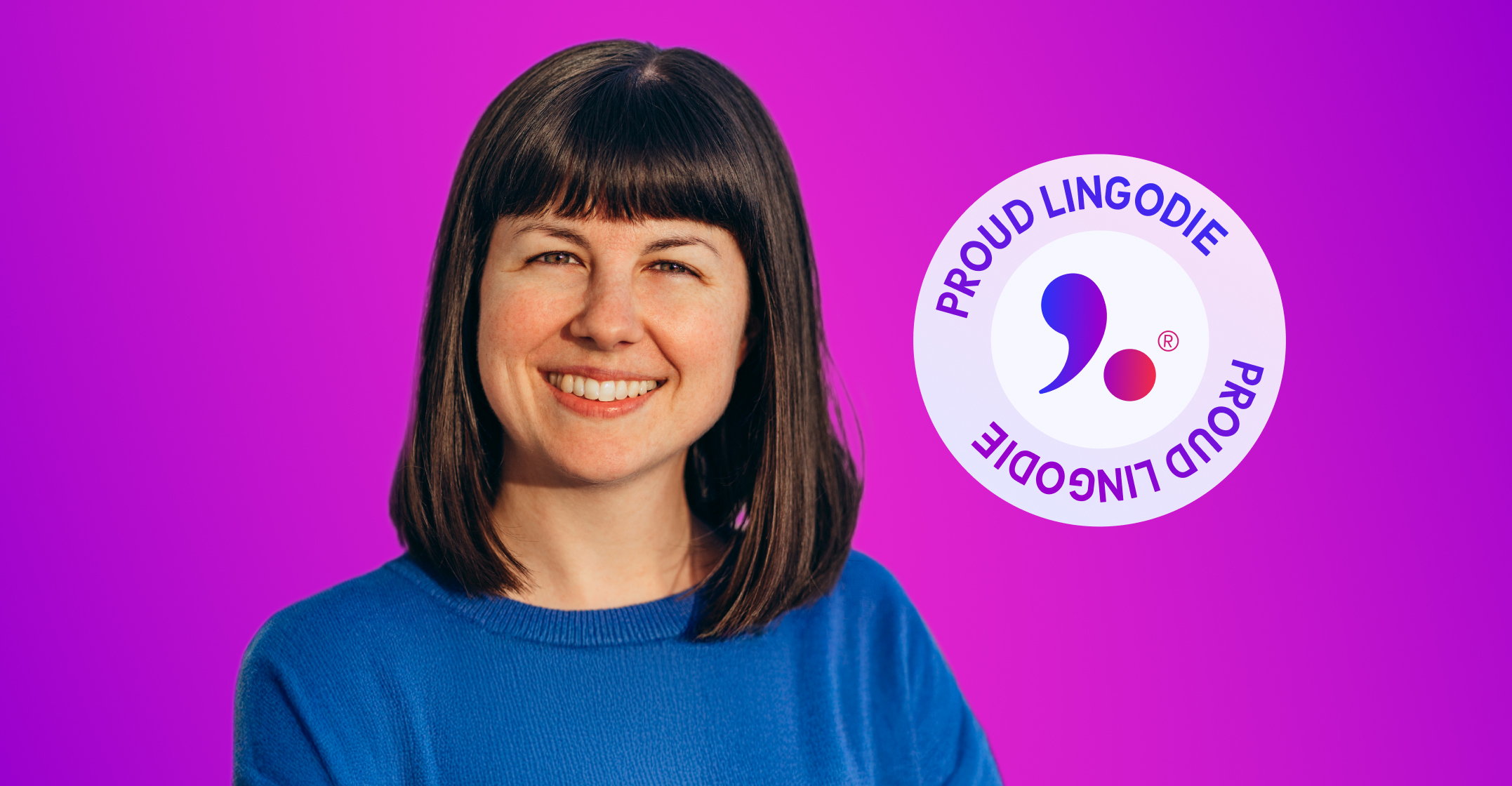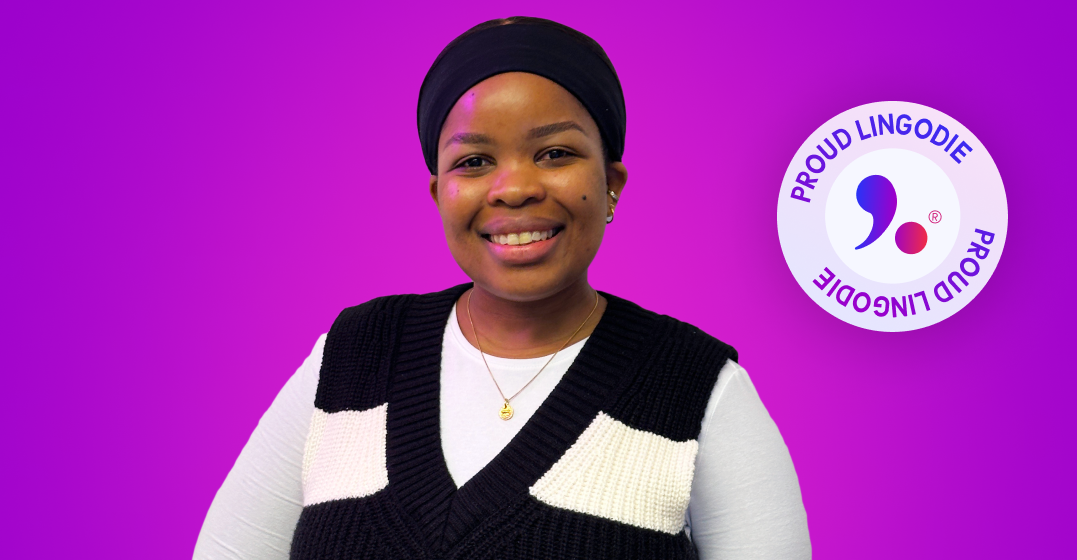Lingoda vs italki: A comparison
TLDR: Lingoda offers structured, CEFR-certified lessons ideal for formal progress and certificates. italki provides flexible, one-on-one sessions with freelance tutors across 150+ languages. Choose Lingoda for structured learning and italki for conversational flexibility.

At first glance, Lingoda and italki seem very similar: Both language learning platforms connect you with teachers online and make learning a new language more flexible and accessible. However, if you look more closely there are major differences. Lingoda offers structured, CEFR-based lessons with certified teachers and recognized certificates, while italki connects you directly with freelance tutors for flexible, conversational practice.
In this guide, we’ll compare their most important features like teaching style, speaking focus, flexibility and pricing to help you make an informed decision. Whether you’re aiming for measurable progress and an official language certificate or just want to practice conversation on your own terms, this comparison will help you choose the platform that best fits your goals.
- At a glance: Quick comparison table
- What are Lingoda and italki?
- Curriculum and language skills focus
- Practice, feedback, and additional resources
- Flexibility, commitment, and motivation
- Price, plans, and value
- Certificates, validity, and recognition
- Pros and cons: Which platform excels where
- FAQs
At a glance: Quick comparison table
Lingoda focuses on structured, CEFR-based classes with certification, while italki connects learners with freelance tutors for flexible, personalized speaking practice. We have listed the most important information about each provider for you here:
| Feature | Lingoda | italki |
| Price | Subscription-based pricing mode. More classes = lower overall price/class | From $5–$40 per hour (varies by tutor) |
| Languages offered | English, German, French, Spanish, Italian | 150+ languages |
| Lesson types | Live group or one-on-one classes | One-on-one lessons with freelance tutors |
| Teacher qualifications | Certified, native-level instructors | Community and professional tutors (self-set credentials) |
| Certification | CEFR-aligned, officially recognized | No formal certificates |
| Speaking practice | Real-time conversation in every class | Fully conversational, varies by tutor |
| Schedule flexibility | 24/7 class booking system | Flexible, instant scheduling across time zones |
What are Lingoda and italki?
Summary: Lingoda and italki offer an easy and flexible way to learn languages online, but they do it in very different ways. Lingoda feels more like a virtual language school, where classes follow a clear structure and are taught by certified teachers. italki, in contrast, works like a marketplace, connecting you directly with tutors from around the world for flexible, one-on-one lessons.
Lingoda overview
Lingoda offers live online classes 24/7, giving you the flexibility to learn whenever it fits your schedule. You can join small group sessions with three to five students or book private one-on-one lessons with certified native-level teachers. As they’re teaching from almost anywhere in the world, there’s most likely a lesson available that will fit your schedule.
Every class follows a CEFR-aligned curriculum, so you always know what level you’re working toward and what skills you’re building. It’s a structured, goal-oriented environment designed to help you stay consistent and see measurable progress.

Begin your personal language journey
- Courses tailored to your learning needs
- Qualified teachers, small class sizes
- Expert-designed curriculum
- Live classes with native-level teachers


italki overview
Language lessons with italki don’t follow a set curriculum. Instead, you choose from thousands of freelance tutors who offer lessons in more than 150 languages. Each class is one-on-one and conversational, focusing on the topics and skills you care about most.
Prices vary widely depending on the tutor’s experience and qualifications, so you can find options that fit your budget. The experience is highly flexible and personalized, ideal if you prefer to learn at your own pace and design your lessons around your interests.
Curriculum and language skills focus
In short: Lingoda follows a structured CEFR-based curriculum with clear progress milestones, while italki offers flexible, tutor-led lessons that adapt to individual learning goals.
Both Lingoda and italki aim to build real-world communication skills, but they take different paths. How predictable your progress feels largely depends on how much structure you prefer.
Structure and CEFR levels
Lingoda’s courses are aligned with the Common European Framework of Reference for Languages (CEFR), covering A1 to C1 levels for English and German, and up to B2 for other major languages. Each class builds on the last, with measurable outcomes and recognized CEFR certificates awarded at every completed level.
On italki, structure depends on the individual tutor. Some follow CEFR levels or prepare students for exams, while others focus entirely on conversation. This flexibility allows for customization but can make progress less standardized.
Grammar vs communication
At Lingoda, you’ll learn grammatical concepts through speaking practice, which helps you understand how the rules work in real conversation. The approach sets out to build confidence and accuracy at the same time.
On italki, the balance between grammar and speaking varies. Many tutors prioritize conversation and fluency, introducing grammar only as needed. This makes it great for learners who want to sound more natural when speaking, though it may feel less systematic if you like having clear grammar lessons.
Speaking practice
The best way to learn a language is to use it as much as possible. Because you’re more likely to make progress and retain what you’ve learned, Lingoda lessons focus strongly on active speaking practice.”. Whether you’re studying in small groups or one-on-one, you’ll be sure to receive immediate feedback from qualified teachers. The live interaction helps you think and respond quickly in your target language.
With italki, speaking is also at the heart of every session. Lessons are highly conversational, and since you work one-on-one, you’ll spend most of your time talking directly with your tutor. Every teacher has a different style, which is why the experience may vary. Some guide structured dialogues, while others prefer open conversation practice. Make sure to read their reviews to find out more about a potential tutor’s teaching style.
Practice, feedback, and additional resources
Lingoda provides structured feedback after every class. Your teachers correct pronunciation and grammar in real time and share lesson notes that highlight mistakes, new vocabulary, and next steps. Outside of lessons, learners can access extra exercises and explore free online resources like the Lingoda blog or Lingoda Campus for grammar guidance, cultural insights, and study tips.
italki feedback is entirely tutor-dependent. Some teachers offer detailed notes and error corrections, while others focus on conversation and fluency. The quality and format of materials may vary as well. A lot of tutors use authentic resources such as news articles, podcasts, or self-made exercises. This makes the learning experience personal but less consistent than Lingoda’s standardized approach.
Flexibility, commitment, and motivation
In short: With Lingoda, you decide when and where you want to learn. You’re able to choose from classes 24/7, which gives you a lot of flexibility. It’s up to you whether you’d rather join small-group or private sessions that fit around your schedule. Meanwhile, italki’s pay-per-lesson setup is ideal for casual or spontaneous learners.
There are different models designed for different needs:
- Lingoda Flex: Designed for busy professionals who need to plan lessons around work or travel.
- Lingoda Sprint: Ideal for learners who stay motivated by deadlines. If you complete a set number of classes within two months, you can earn a cashback reward, offering both structure and incentive.
By contrast, italki offers great scheduling flexibility, too. With tutors available across time zones, you can book a lesson almost anytime, often at short notice. The pay-per-lesson model makes it ideal for casual learners who prefer not to commit to a subscription. You choose your tutor, lesson length, and frequency, which keeps the process spontaneous and adaptable to your routine.
Price, plans, and value
Both Lingoda and italki let you pay only for the lessons you take, though their pricing models differ significantly. Lingoda follows a subscription-based structure with a set cost per class, while italki uses a pay-per-lesson model, with rates set by individual tutors. Please note: Lingoda uses euros (€), italki uses dollars ($).
| Platform | Pricing model | Typical cost | What’s included | Best for |
| Lingoda | Subscription (monthly or class packages) | Depends on the type of subscription. The more classes in the bundle, the lowe the price/class. | Live lessons with qualified teachers, class materials, CEFR certificates German A1 – C1 English A1 – C1 Business English A1 – B2 French A1 – B2 Spanish A1 – B2 Italian A1 – A2 | Learners seeking structured, long-term progress |
| italki | Pay per lesson (set by tutor) | From $5 to $40 per hour | One-on-one lessons, personalized plans, tutor-selected materials Over 150 languages for different levels | Learners seeking flexibility and full control over their budget |
Lingoda’s pricing is transparent, with costs clearly listed per class. The more lessons you book, the lower the hourly rate. You can also start with a free seven-day trial to test the format before committing. For learners who like clear goals, the Lingoda Sprint adds a motivational edge: By completing a set number of classes in two months, you can earn part or all of your payment back.
italki’s pricing varies widely because each tutor sets their own rates. Community tutors often charge less, while professional teachers with certifications may cost more. This makes italki highly flexible for different budgets, but prices and quality can differ significantly from one instructor to another.
Certificates, validity, and recognition
Lingoda issues CEFR-aligned certificates for every level you complete, from A1 to C1. These certificates include your name, the studied language, and the proficiency level achieved. Because they follow the Common European Framework of Reference for Languages, they’re recognized by employers, universities, and institutions across Europe and beyond but not a replacement for official tests like IELTS, TELC, or DELF.
italki does not provide formal certification. Some tutors may issue informal completion notes or progress summaries, but these aren’t standardized or officially recognized. The platform focuses on personalized learning and conversational fluency rather than accredited qualification. That’s perfectly fine if you want to make progress for yourself and on your own terms, but will not serve as official proof of language proficiency.
Pros and cons: Which platform excels where
| Platform | Pros | Cons |
| Lingoda | • Certified, native-level teachers • Structured CEFR-aligned curriculum • Officially recognized certificates • Strong focus on speaking and fluency | • Less casual and more time commitment required • Subscription cost higher than pay-per-lesson models |
| italki | • Highly flexible scheduling • Wide choice of tutors and teaching styles • Affordable entry point with low-cost trial lessons • Lessons tailored to personal goals | • No formal certification • Quality varies between tutors • No standardized curriculum or guaranteed structure |
If you value structure, measurable progress, and recognized credentials, Lingoda is the more reliable choice. If your focus is on casual conversation or cultural exchange, italki gives you the freedom to design your learning experience your way.
What is the difference between Lingoda and italki in speaking practice?
Lingoda includes structured speaking time in every class, guided by certified teachers. italki is also conversation-based, but the amount of speaking and feedback depends on each tutor’s style.
Are certificates from Lingoda valid for visa or job applications?
Yes. Lingoda’s CEFR-aligned certificates are widely recognized by employers and institutions. italki does not offer official certificates.
How much does Lingoda cost compared to italki?
Lingoda uses a subscription model with clear per-class pricing, starting around €10 per group lesson. italki lessons vary by tutor, typically ranging from about $5 to $40 per hour.
Lingoda vs italki: Which one should you choose?
Your choice between Lingoda and italki comes down to whether you prefer a structured or flexible learning experience.. If your goal is to make steady progress and get an officially recognized certification, Lingoda is one of the best online language schools out there.
Its structured curriculum, professional teachers, and CEFR-aligned certificates make it ideal for learners who want measurable results for work, study, or visa requirements. The Lingoda Sprint also adds motivation through clear goals and cashback rewards.
If you’re a casual learner who prefers flexibility and wants to practice conversation without long-term commitment, italki is a great fit. The pay-per-lesson model lets you explore different tutors, languages, and lesson styles, making it easy to start learning on a budget or fit sessions into a busy schedule. In short, Lingoda is best for structured, long-term learning, while italki excels at flexible, personalized conversation practice.

Begin your personal language journey
- Courses tailored to your learning needs
- Qualified teachers, small class sizes
- Expert-designed curriculum
- Live classes with native-level teachers



